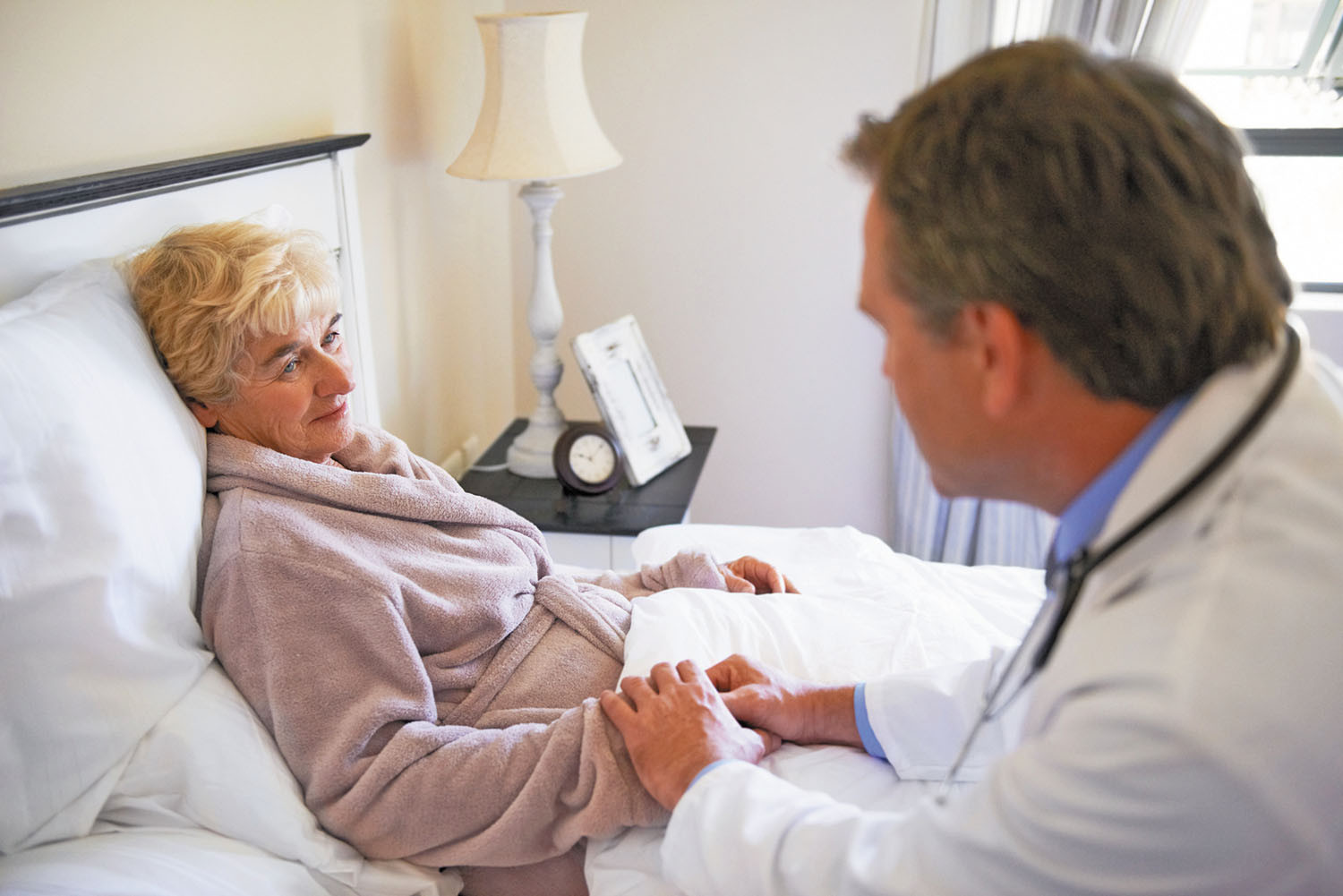
Trying to lose weight? Be careful not to lose muscle

Is your skin problem actually an autoimmune condition?

People with diabetes face higher risk of hearing loss

Antibiotic-free fixes for recurrent UTIs

Musculoskeletal syndrome of menopause: When menopause makes you ache all over

When can older women stop getting mammograms?

To lose weight, especially harmful belly fat, combine diet and exercise

Can men hold off on treating recurring prostate cancer?

The 7 types of rest and why we need them all

What are the early warning signs of cervical cancer?
Healthcare Archive
Articles
Repeating the story: What to expect in the emergency department
If you wind up in an emergency department due to an illness or accident what should you know and what can you expect? It's frustrating to have to wait for care, and also frustrating to have to explain your situation multiple times to different people, but there are reasons why it all happens.
Sex, drugs, and depression: What your doctor needs to know
For many people, a visit to the doctor causes anxiety, and discussing sensitive subjects like sexual problems, substance use, or mental health issues is even more likely to induce discomfort. But these discussions can be less anxiety-inducing and more productive if people know what to expect.
Health disparities and headache treatment
Breakthrough: AI and better medicines
Many diseases occur because of defects in particular proteins—the workhorses of every cell. But developing a drug that targets a defective protein requires knowing that protein's shape. Protein shapes have always been difficult to predict. Then in July 2021, a company called DeepMind reported that its software predicted the structures for 98% of human proteins. By the end of 2021, DeepMind says it will publish the shape of 50% of the 280 million nonhuman proteins, up from 0.01%. These breakthroughs are expected to lead to new medicines.
What is palliative care for heart failure?
Are you too embarrassed to go to the doctor?
Mobile health and fitness apps pose privacy risks
Back to the doctor
Harvard study: Internet searches sometimes lead to the right diagnosis
A Harvard study published online March 29, 2021, by JAMA Network Open found that people who looked up health symptoms online were able to correctly diagnosis a condition about half the time.
Why won't some health care workers get vaccinated?

Trying to lose weight? Be careful not to lose muscle

Is your skin problem actually an autoimmune condition?

People with diabetes face higher risk of hearing loss

Antibiotic-free fixes for recurrent UTIs

Musculoskeletal syndrome of menopause: When menopause makes you ache all over

When can older women stop getting mammograms?

To lose weight, especially harmful belly fat, combine diet and exercise

Can men hold off on treating recurring prostate cancer?

The 7 types of rest and why we need them all

What are the early warning signs of cervical cancer?
Free Healthbeat Signup
Get the latest in health news delivered to your inbox!
Sign Up











